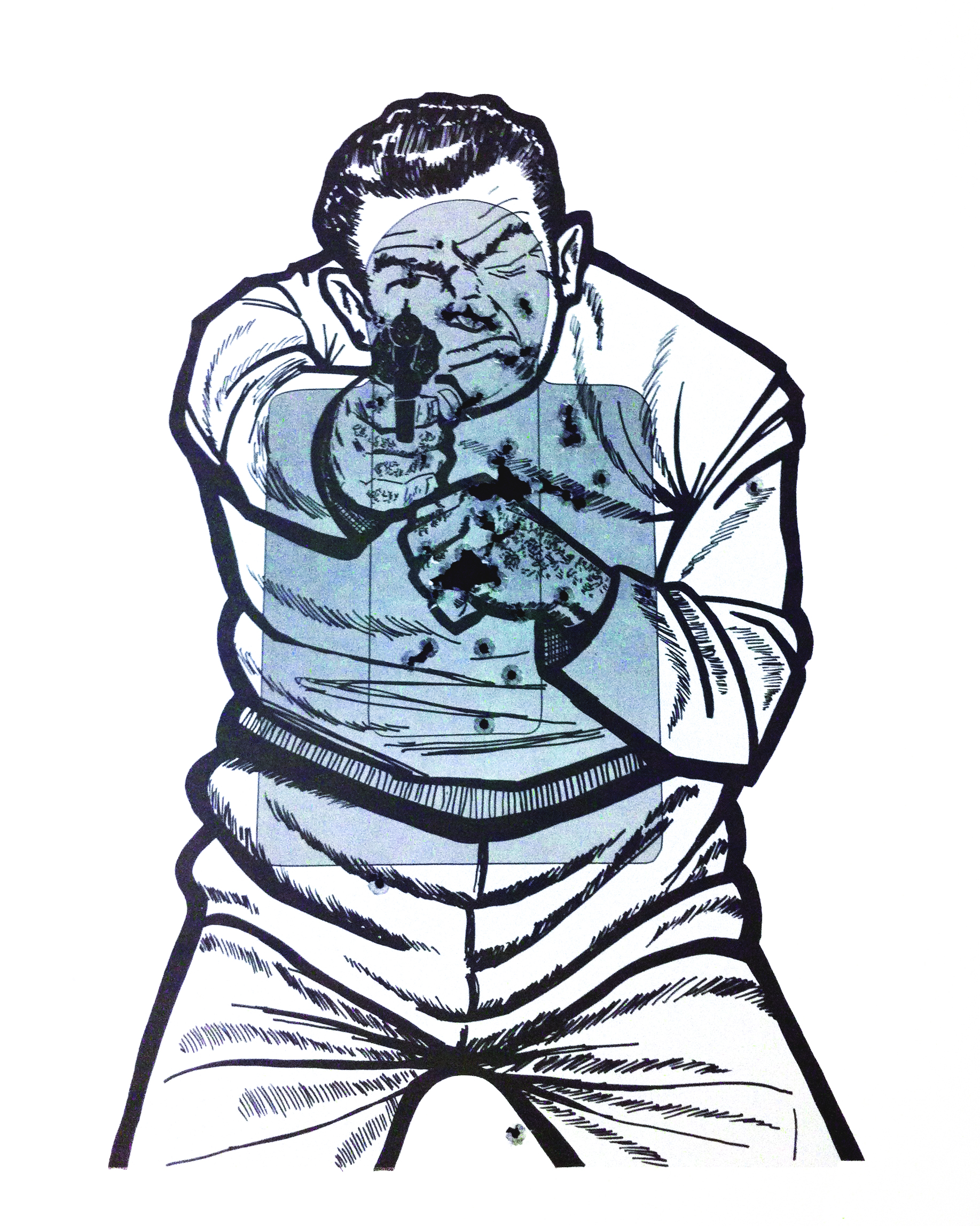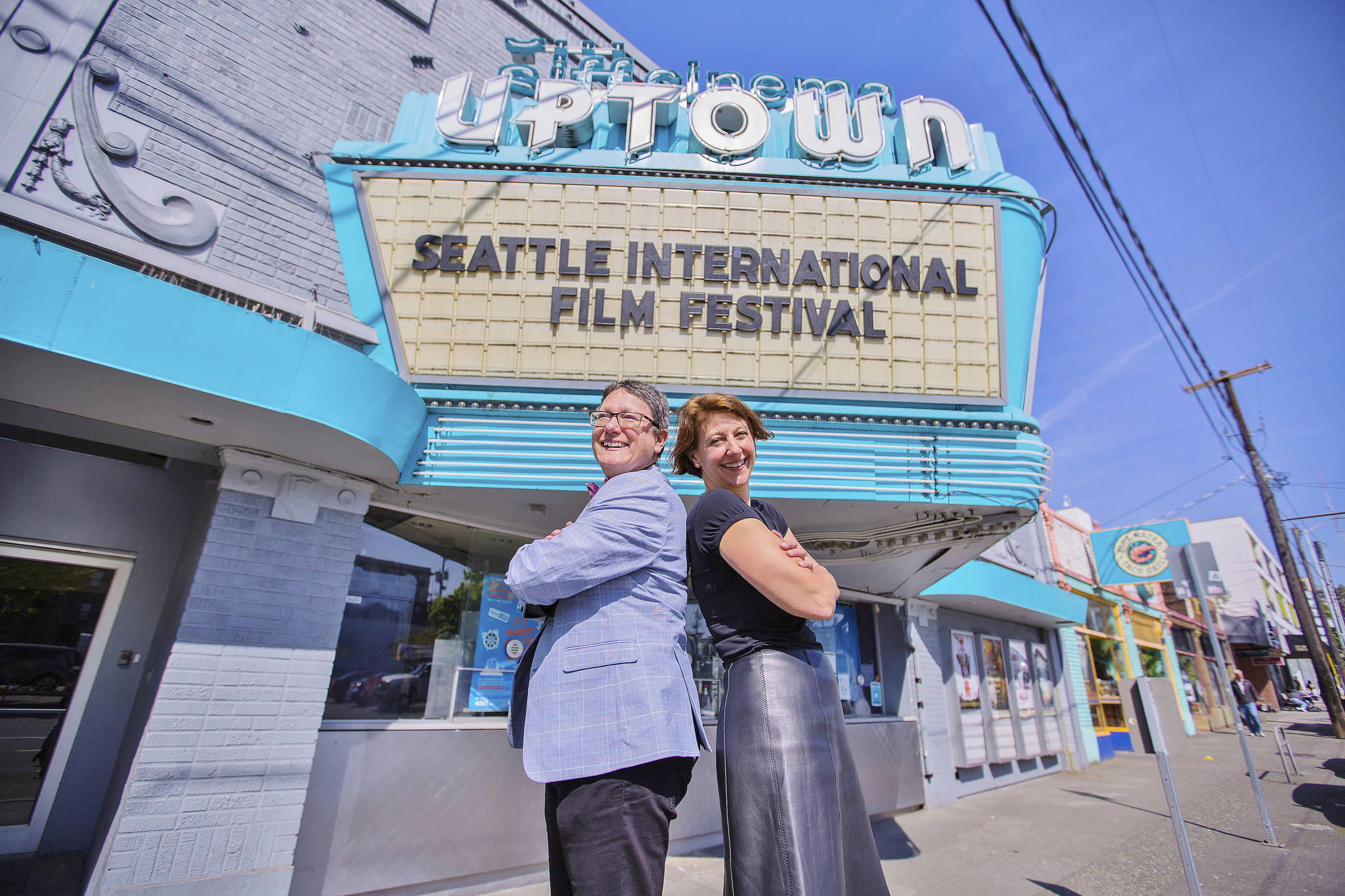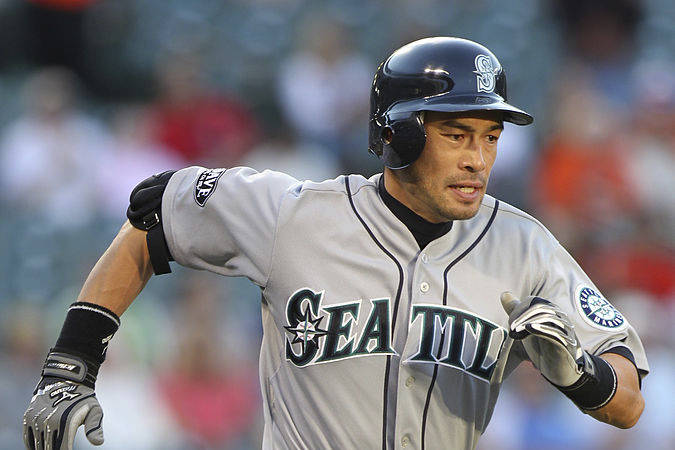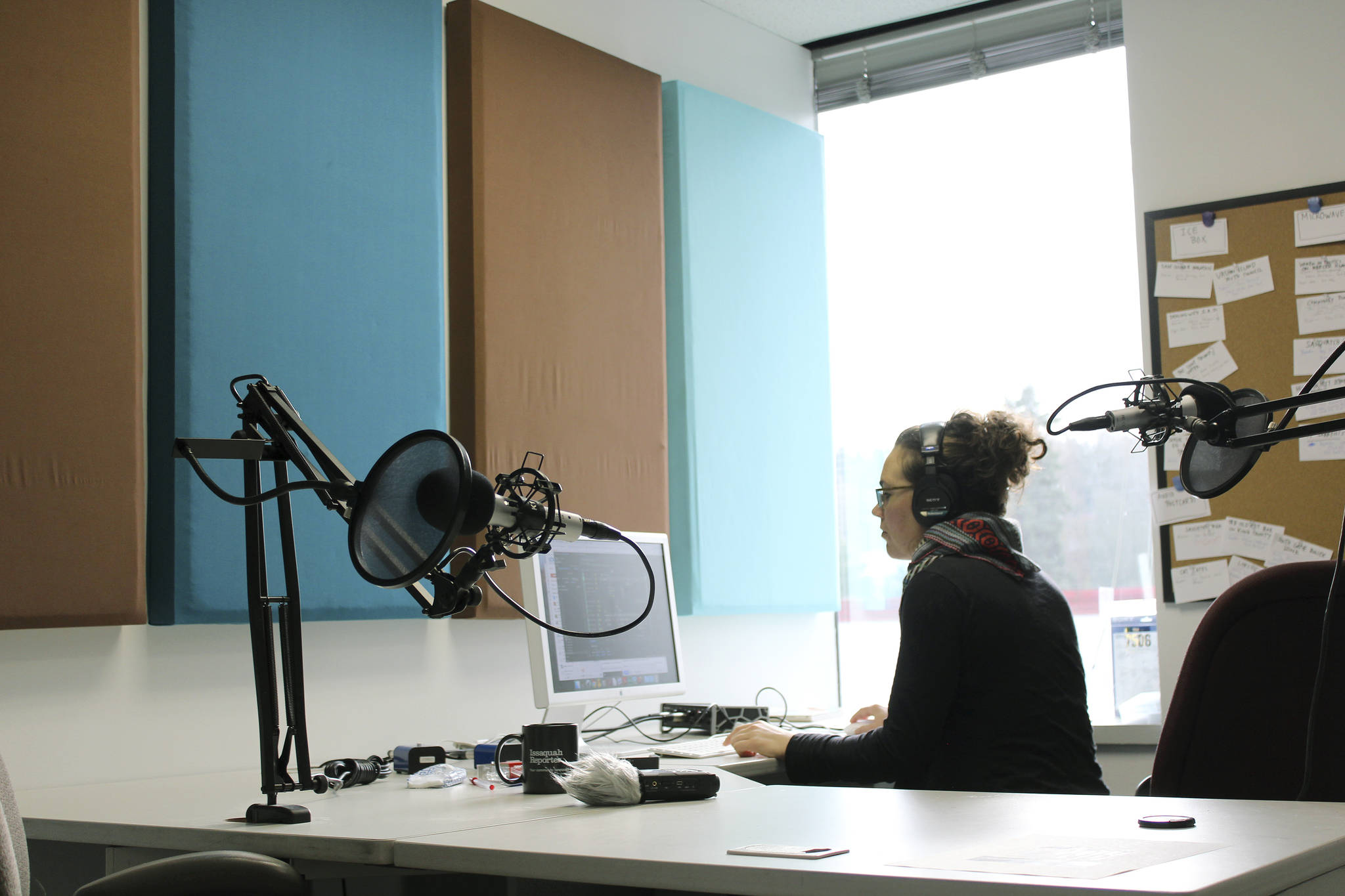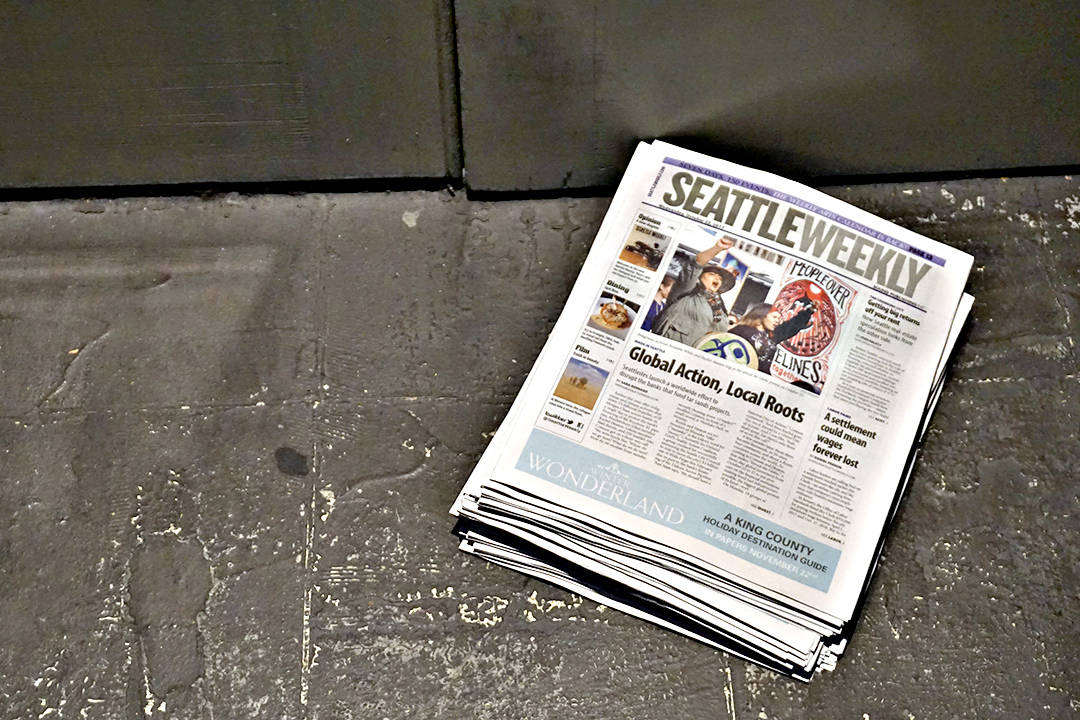Until last month, there were two things I had never done in my life of which I was particularly proud. I had never watched Titanic—still haven’t, actually. And I had never touched a gun. A real gun, that is. I had a dalliance or two with a BB gun while tromping about the Wisconsin farmland of my youth. But live firearms are another story.
As a child I didn’t hate guns; they were as American as the Walmart out north of town. It’s just that, as my friends bonded with their fathers by sitting with them in cold, damp hunting shacks, I connected with mine while reading the newspaper at McDonald’s, talking about sports and war and politics.
At that point, the late ’80s and early ’90s, shooting massacres were a rarity, and the 24-hour news cycle that churns those massacres for ratings was just being born. I can recall only one conversation about guns: My dad recounted a day in the ’60s when a student brought a revolver to my hometown’s junior high school and shot the vice principal dead.
We had a gun—a .22 caliber rifle that my father inherited from my grandfather, a farmer. Only once do I remember my father using it. On a summer’s night, coyotes began yipping in the distance. As their shrieks grew closer, my father went to his and my mother’s bedroom and emerged with the gun. My brother and I watched out the window as he marched to the field’s edge and looked out to where the livestock grazed. No coyotes. He never fired.
I remember, while snooping, finding the .22 in my father’s closet, leaning against an inside wall. I never touched it. I wonder now if it was loaded.
As I grew older, the fact that I had never touched a gun became more than a curious detail in my life—something much larger than never having seen the second-highest-grossing film of all time. When two students entered Columbine High School in 1999 with an arsenal and murdered a dozen students and a teacher, I remember sitting next to a friend training to be a teacher. He was in tears. From that moment forward, I openly argued in favor of gun-control measures; I viewed my inexperience as evidence of my conviction.
As we all know, massacres have only grown more common. As the body count has increased, my relationships with former neighbors who once sat in hunting shacks with their fathers has become strained. After the Sandy Hook elementary-school shooting in 2012, I raged against friends online and expected my representatives in Washington D.C. to do something. When they didn’t, I finally shut down out of exhaustion.
Scores of school shootings later, I am still exhausted. But I am also scared. My wife is a school teacher. I work in a part of town where gunfire is common. I know that, by count, there is a gun for every American in this country. I don’t have one, which means that someone else has two (or 27). I will survive without seeing Titanic, but will I survive if I don’t know how to use a gun?
“punching round after round through the middle of the target”And so I call my friend Rick and ask him to take me to the shooting range. Rick is the most responsible guy I know—a former Marine who’s settled down with a young family, a few firearms, and a disaster-preparedness plan that makes mine (two gallon jugs of water in the basement) look as pathetic as it is. He says yes.
I show up at Rick’s for a safety course before we head to the range. He has a couple of requests: that I don’t name him in this article (Rick is not his real name) or share the number or specific details about his guns. Rick also has a few rules: “Treat every firearm as if it were loaded.” “Do not point the muzzle at anything you are not willing to destroy.” “Keep your finger off the trigger until you are ready to fire.” “Be sure of your target and what’s behind it.”
Then he places an unloaded .45 on the table in front of me. I pick it up, feel its weight in my hand—and just like that, my high ground is ceded. But as I go through a few drills with Rick, something replaces my self-righteousness: know-how. As I get comfortable with the weapon, my fear fades. My blood pressure drops. I feel confident.
In the car, on the way to the range, I start telling Rick about my dad, suddenly remembering his deeper history with guns. My dad was in the Army during the Vietnam War. He never saw combat, but during a brief stint in artillery earned the designation of sharpshooter—even though he’d shot a gun only a couple of times in his life. “He didn’t have any bad habits to fix,” Rick says.
At the range, I am following my father’s footsteps. With Rick’s excellent tutelage and my lack of bad habits, I am punching round after round through the middle of the target. It’s exhilarating—not because of the power in my hand, exactly, but because I am actually pretty good at this thing I have never done before. After I empty the magazine, Rick taps me on the shoulder.
“Hey, I just want you to take a moment and look around,” he shouts.
“See, these aren’t ‘gun people,’ ” he shouts again. “These are just regular people.”
He’s right. This place is like a bowling alley, I think, each stall filled with people popping off rounds while friends and family look on. And yet it is so strange to think of this as a new normal, the recreation of choice for modern Americans interested in both family fun and self-defense.
As I load my final magazine, I think about the firepower around me. For a moment, my knees go weak as paranoia creeps into my mind. To keep from hyperventilating I put the unthinkable thoughts out of my mind, I will away the spectre of danger and concentrate on my own safety. I aim at the target one last time and prepare to destroy it.
Later, I call my dad. I tell him I spent the day at the range. “Well, that’s surprising,” he says. I ask him if he ever regretted not teaching my brother and I to hunt. “I think about that a lot,” he answers. “I fear you boys maybe missed out on something important growing up by me not getting you involved in that. I feel bad about it. But I was just never too interested in killing anything.”
After I hang up, I think about taking my dad to the shooting range, but it doesn’t take. I can’t quite imagine spending an afternoon with him in that deep concrete room, two pacifist sharpshooters going through the motions. With apologies and many thanks to Rick, the range is no home for me. And, anyway, it’s just a little too loud to have a decent conversation.
mbaumgarten@seattleweekly.com
